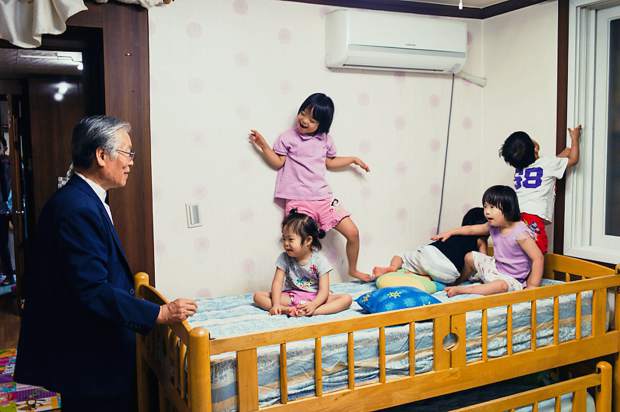April 4, 2016 - 22:54
The overrepresentation and underrepresentation of certain races in special education programs was interesting, but not suprisng.
In Asian-American culture there's a lot of family pride. The want their child to succeed in music, academics, or any area that will bring their family pride. They want their child to go to top colleges and universities, go to top grad schools, become doctors, lawyers, software makers, artists, musicians, etc., but if their child can't do it their this sense of shame. From what I've experienced so far in my life there's more stigma against intellectual disabilities than physical or sensory disabilities. Even with mental health and anxiety disorders it's up to the individual to work harder to overcome that issue.
I found a nytimes article http://www.nytimes.com/2013/07/01/nyregion/in-queens-an-effort-to-combat-autisms-stigma-among-korean-americans.html
A quote from the NYtimes article that I agree with: “More so than other populations, Korean-Americans really measure their own self-worth, and the worth of the family, in terms of what the child is able to achieve and what the child means to the family,” said Roy Richard Grinker, a professor of anthropology at George Washington University and the senior author of the South Korea study.
I've mentioned this few times in class, but in Korea there is a baby-box where parentes can drop of their unwanted babies anonymously. When I was watching the movie, The Baby Box, I noticed taht most of the babies dropped of had disabilities (more specifically intellectual disabilities). I know that this is representative of the whole country, but this shows that there still is stigma against disabilities in Korea. Families don't want a child with disabilities because the child won't be able to bring the family pride. They feel ashamed to have a child who can't function normally.


Comments
culture, speaking, and silence
Submitted by Kristin on April 6, 2016 - 00:01 Permalink
I found this statement in the article especially interesting:
"And though the study in South Korea was “rigorous,” Dr. Winston Chung, an assistant professor of psychiatry at the Geisel School of Medicine at Dartmouth, said it should be viewed carefully because the researchers used tools designed by a Western culture to measure children in an Eastern one. Typical behaviors in a “Confucian society,” where the norms for eye contact, gesturing social reciprocity and expressing oneself are “profoundly different,” and where the skill of nunchi — measuring someone’s mood and desires without speaking — is valued, could be misconstrued as autistic in some cases, he said."
If this is an accurate representation of cultural norms and of value placed on "measuring someone's mood and desire without speaking," it opens up some fascinating questions about how culturally-inflected communication styles-- and the value we place on speaking, listening, and/or silence-- influence our perception of disability and neurodivergence.